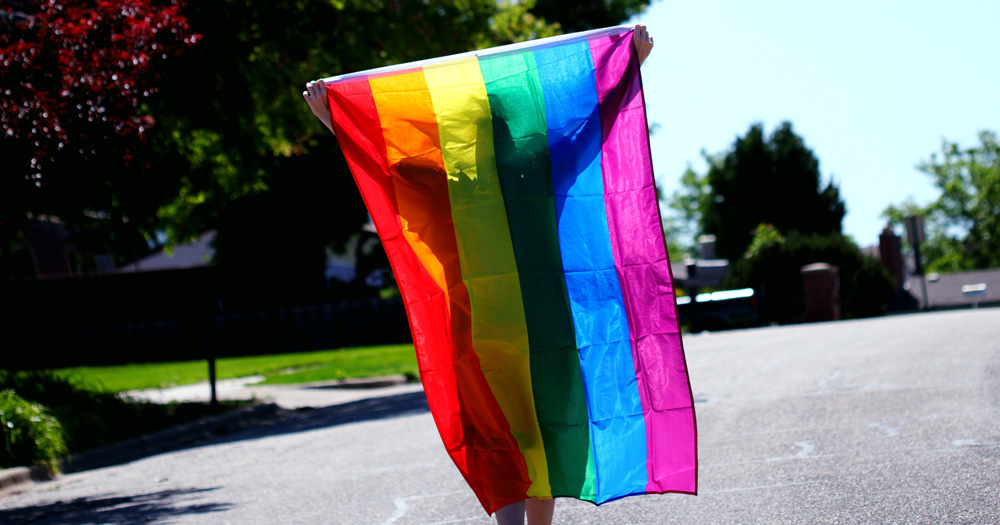In a new study conducted by the University of Galway, findings show that more than half of LGBTQ+ teenagers in Ireland say they have felt discrimination based on their sexual orientation. It also showed the prominence of the ‘negative halo’ effect of prejudice against participants. The study, involving 6,000 young people between the ages of 12 and 19, found that teenagers with queer identities are eight times more likely to face prejudice related to sexual orientation. About 10% of the sample size were a part of a sexual minority, 22% have a disability, 15% were immigrants and 2% were a part of the Traveller community.
As per the Independent.ie, Dr Andras Kolto from the University of Galway explained the idea of a ‘negative halo’ of prejudice faced by LGBTQ+ youth, saying that “The fact that young people are being discriminated against based on their minority status is quite an obvious thing. But the real novelty of this study was we studied eight reasons [for discrimination] at the same time and what we have is a kind of negative halo.”
The positive halo effect occurs when one has a feature that is seen to be desirable to others. This desirable feature ensures that others see us in a better light. Dr Kolto continued: “For instance, physically attractive people might be seen as more intelligent, generous and good-natured than people with an average look, despite the fact beauty has nothing to do with how smart or good somebody is.”
Inherently the negative halo has the opposite effect, whereby supposed undesirable traits or features make us more susceptible to people seeing us in a negative way. Dr Kolto outlined the reasons as to why the negative halo occurs, saying “Most often it was two things. One was different aspects of their physical appearance, like their weight, their hair colour, and the other was behaviour, so behaving in a certain way that is not following the norms.
“If you look at Travellers, discrimination is not only because they’re Travellers but also based on their place of birth or their disabilities or chronic condition, their race and sexual orientation, which was quite unexpected for us.”
The findings from the University of Galway study echo the finding of Belong To’s survey from earlier this month. Here, 1,208 LGBTQ+ students from secondary schools across the country took part. Results showed that 76% of students with a queer identity feel unsafe at school. One in three participants revealed that they have skipped school to avoid negative treatment because they are a part of the LGBTQ+ community. Regarding discrimination, 69% of those who took part said that they’ve heard homophobic remakes from other students. 58% said that they have heard similar comments from school staff.
© 2022 GCN (Gay Community News). All rights reserved.
Support GCN
GCN is a free, vital resource for Ireland’s LGBTQ+ community since 1988.
GCN is a trading name of National LGBT Federation CLG, a registered charity - Charity Number: 20034580.
GCN relies on the generous support of the community and allies to sustain the crucial work that we do. Producing GCN is costly, and, in an industry which has been hugely impacted by rising costs, we need your support to help sustain and grow this vital resource.
Supporting GCN for as little as €1.99 per month will help us continue our work as Ireland’s free, independent LGBTQ+ media.
